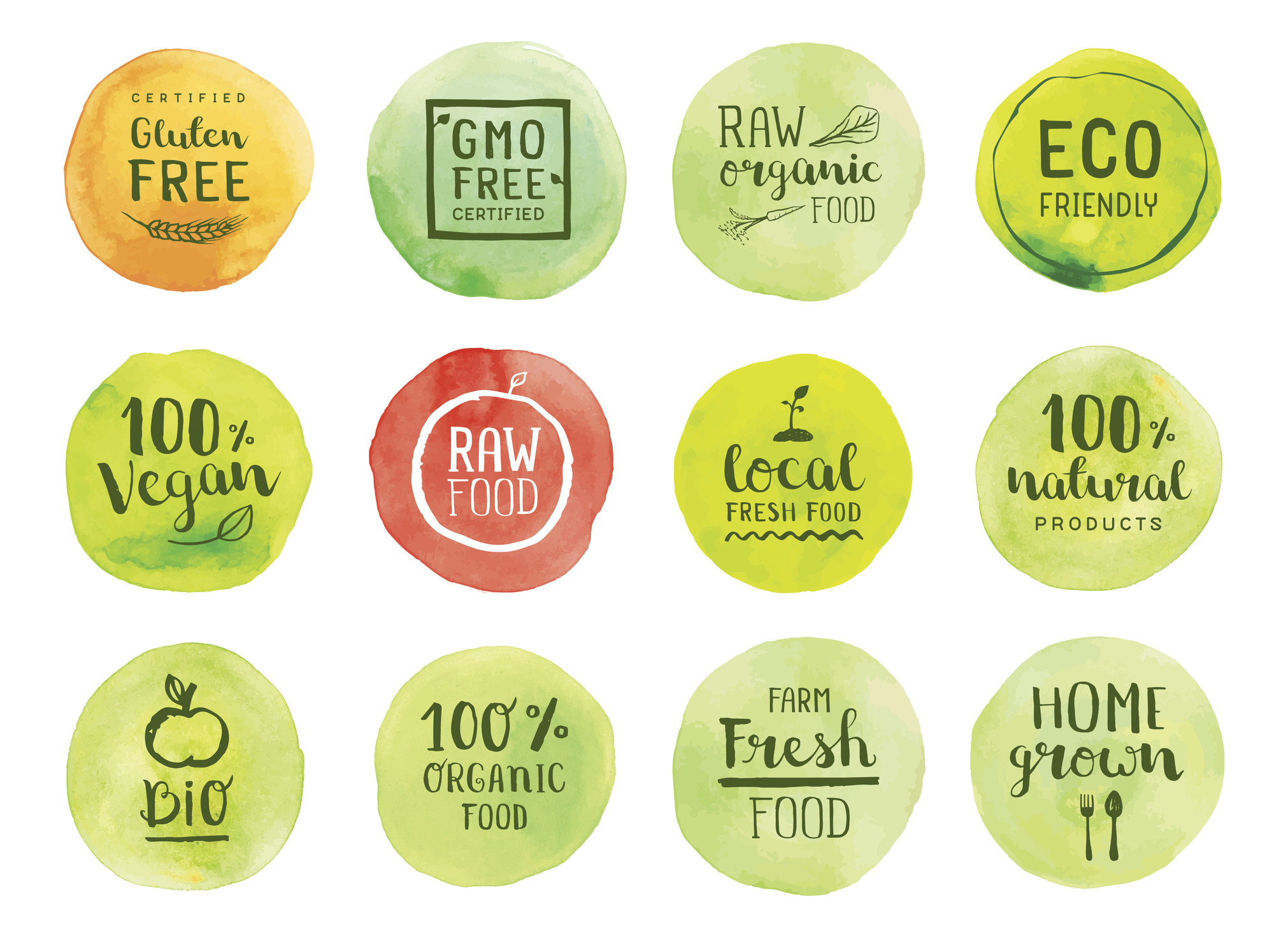While Canadians are recycling more than ever before, not everyone is trying to leave a smaller carbon footprint by being earth friendly. Research shows that women tend to be more environmentally conscious than their male counterparts. It may be because they tend to be more altruistic. But a new study published in Scientific American suggests men resist eco-friendly behaviour because they feel that promoting a green lifestyle is a feminine trait and they don’t want to appear unmanly (aka. “Green-Feminine”).
Researchers examined 2,000 American and Chinese participants and concluded that “there is a psychological link between eco-friendliness and perceptions of femininity.” In a series of seven experiments, researchers discovered that both men and women viewed eco-friendly products, behaviours, and consumers as less masculine than their non-green equivalents.
For example, one experiment involved a person bringing a reusable canvas bag to the grocery store. Both male and female participants described the individual as more feminine (regardless of sex) than someone who used a plastic bag. In another experiment, one group of men was presented with a pink gift card and was asked to pretend to use it to buy a lamp, backpack and batteries. Another group was given a standard gift card to purchase the same objects. Those with the pink gift card were more likely to choose non-green versions of the products.
The conclusion? Men want to avoid appearing feminine, so they avoid purchasing green products and acting eco-friendly. In order to appear more masculine, they may engage in behaviours such as littering and wasting water. Men are harming the environment because they don’t want to feel womanly.
The researchers suggest that marketing companies should promote eco-friendly products to men by reaffirming their masculinity. Men need to feel confident and secure with their manhood when they buy a green cleaning product, for example. In addition, the products themselves can be tailored towards male consumers with specific fonts, colours, words and images.
In one experiment, men donated more to an environmentally friendly nonprofit group called “Wilderness Rangers” that had a howling wolf logo than to an organization called “Friends of Nature” with a tree logo. During a field study, male consumers in China expressed more interest in a hybrid vehicle after looking at a print ad that was geared specifically towards men.
The takeaway is that the “green-feminine stereotype” prevents men from engaging in eco-friendly behaviour. But if you make a man feel more macho while purchasing green products, he’s more likely to be more environmentally conscious.


